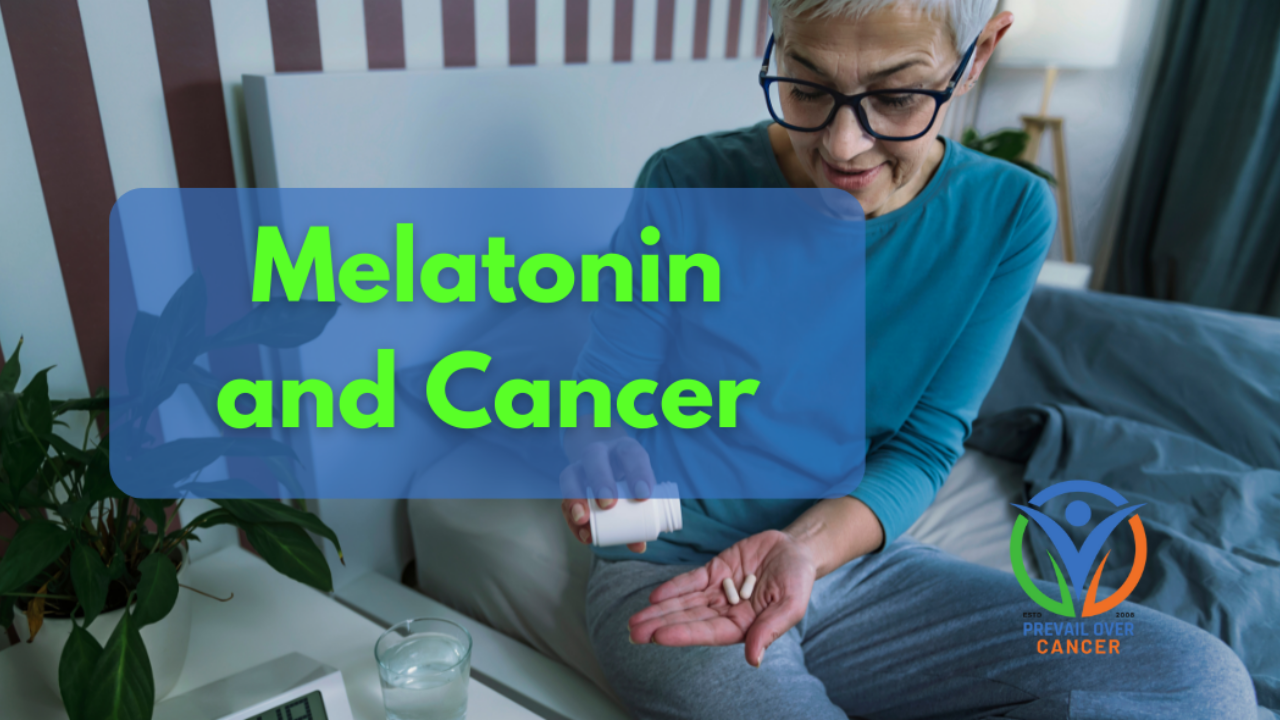Melatonin and Cancer - Research Review

Melatonin in Cancer Protocols: Promise, Precaution, and the Latest Research
Researched and written by Keith Bishop, Integrative Cancer Educator, Clinical Nutritionist, Cancer Coach, and Retired Pharmacist
Melatonin, often called the "sleep hormone," is a naturally occurring compound produced by the pineal gland in the brain. While its primary role is to regulate the sleep-wake cycle, emerging research has revealed its potential as a potent anticancer agent. This blog explores melatonin's anticancer properties, additional health benefits, potential side effects, role in cancer treatment, recommended dosages, and possible drug interactions.
What is Melatonin?
Melatonin is a hormone that helps regulate circadian rhythms, ensuring a healthy sleep-wake cycle. It is also a potent antioxidant, capable of neutralizing free radicals and reducing oxidative stress, which are key contributors to cellular damage and aging.
Melatonin Anticancer Activity*
Research has shown that melatonin exhib...



